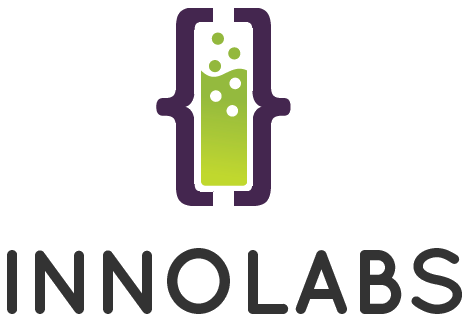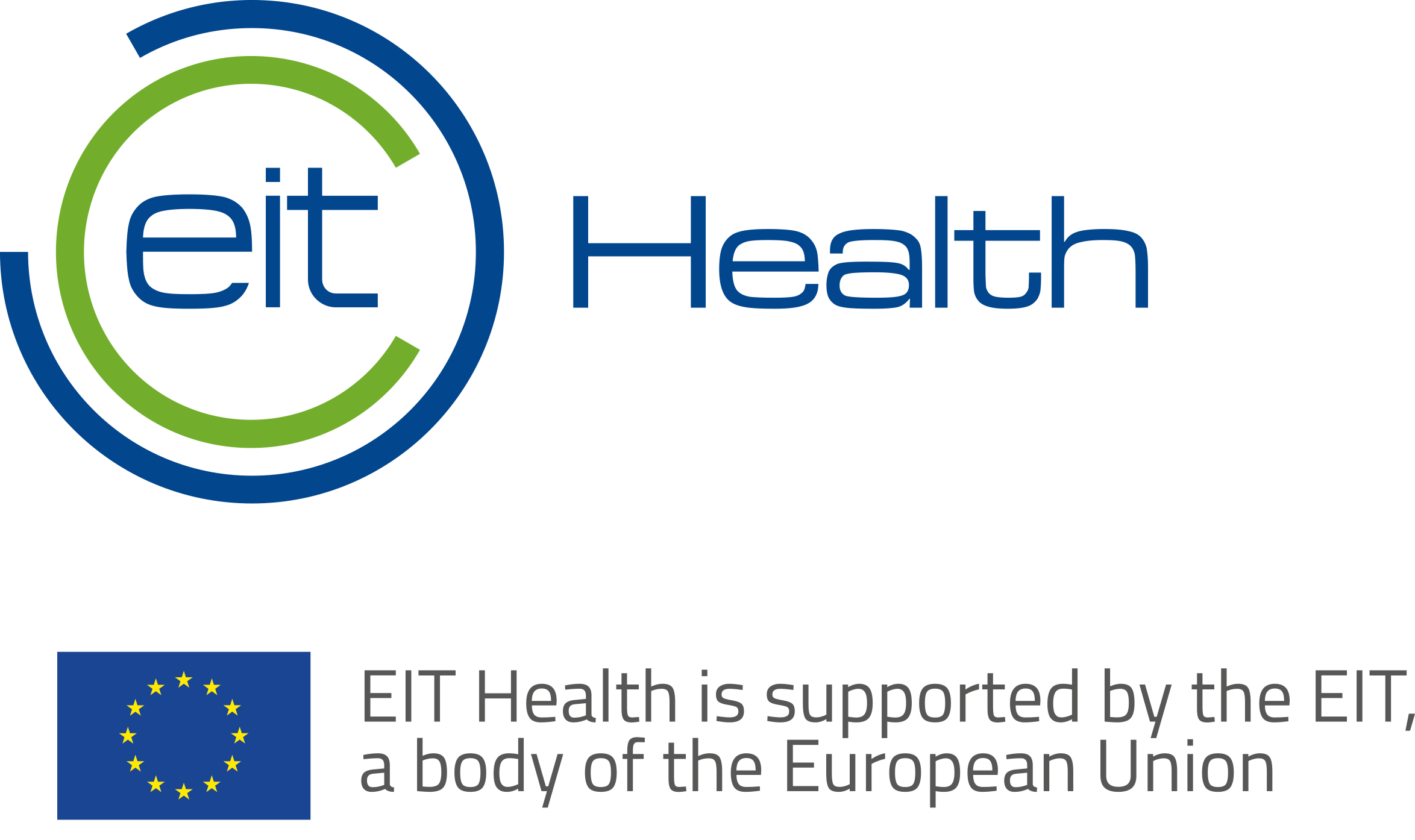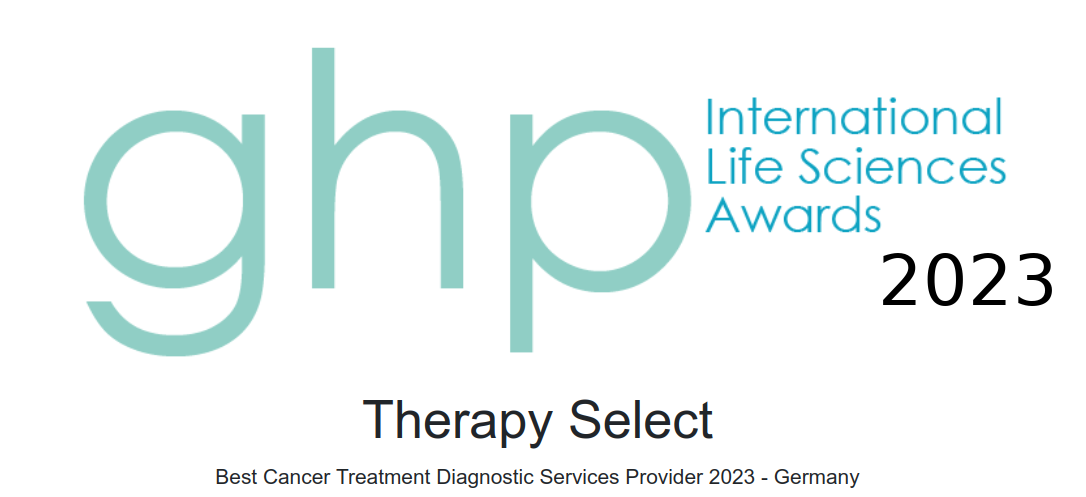Cancer is one of the most serious diagnoses for patients in our age, that affects thousands of men and women each year. There are as many variations of cancer as there are types of tissue in the body and they are also very different from one person to another. Each cancer is different in terms of its prognosis and treatment, and thus a universally effective remedy for cancer does not exist.
For this reason, cancer treatment in research and practice is a wide and complex field. An important form of therapy used in many patients is chemotherapy. As the name suggests, it is a method to combat the cancer chemically using drugs. The success of a therapy depends on the selection of suitable drugs taking into account the type of cancer as well as the individual constitution of the patient.
Mechanisms of Action of Chemotherapeutic Drugs
Chemotherapeutic drugs are designed to attack, inhibit and / or kill the cancerous cells. The major problem with this type of treatment is that many drugs can not distinguish the cancerous tissue from the patient's healthy tissue. As a result, they either do not "strike" at all or affect the healthy cells. Accordingly, the key challenge in chemotherapy is to correctly predict which drugs will have the greatest potential for success in each patient.
Activation of Immune System through Anticancer Drugs
A second approach to inhibit cancer by drug delivery is immunotherapy immunotherapy. The immune system of the human body is ineffective against cancer since the cancer cells are very similar in structure to the healthy cells and therefore are not recognized as "enemies". In addition, the tumor cells have the ability to avoid detection by immune system (camouflage). Special anti-cancer agents can be used to mark tumor cells and stimulate immune recognition of these cancer cells. Other drugs are able to eliminate the camouflage of tumors.
A subgroup of this type of drug are the so-called immune-checkpoint inhibitors. Healthy cells have proteins on their surface that help the immune system to recognize them as healthy cells or own body cells and normally the immune system of the body possesses “brakes”, which should help to avoid damage of healthy cells. Cancer cells are able to actively use these “brakes” in order to hide from the immune system. Immune checkpoint inhibitors are capable of inactivating these “brakes” and help the immune system to recognize and attack cancer cells.
Active Ingredients in the Context of Holistic Cancer Therapy
Apart from conventional medicines, there are a number of active substances that are used in alternative cancer treatment methods. However, in many cases the efficacy of these substances has not been conclusively proven scientifically. Therefore physicians and patients should exercise great caution in selecting these substances as alternative cancer treatment. Often these substances are praised as inexpensive and fast-acting miracle drugs. However, in the worst case scenario their use is not only unsuccessful, but even can be harmful to the patient. The salt Dichloroacetate (DCA) is one such example. DCA is widely used in the chemical industry, and was also added to leaded gasoline. In 2007 DCA became famous for cancer treatment. It was promoted that DCA can reactivate the "self-destruction" function of diseased cells that was "shut down" by cancer. However, opponents pointed out that the DCA was not able to reach tumor cells and largely remained in the stomach as free acid. Due to its highly corrosive and toxic properties, DCA could even be potentially harmful to the patient.
Determine the right Anticancer Agents
To increase the life expectancy and chances of recovery of individual patients, TherapySelect offers specialized diagnostics. These diagnostics should be considered as supplementary decision-making aids for treating physicians in order to optimize the chances of success beginning from the planning phase of the therapy. Especially in the selection of anti-cancer drugs in the context of chemotherapy, we offer two long-time proven testing procedures:
In CTR-Test® (Cancer Therapy Response - Test), a sample of cancerous tissue is taken from a patient, whereupon a particular drug can be tested. CTR-Test® makes it possible to determine with great reliability whether the cancer is susceptible to the respective active substance.
PCDx™ (Personalized Cancer Diganostics) is a test method in which a number of biological characteristics (biomarkers) of the patient's tumor cells are determined and evaluated. These biomarkers provide valuable clues for the most suitable medications for a promising therapy.




